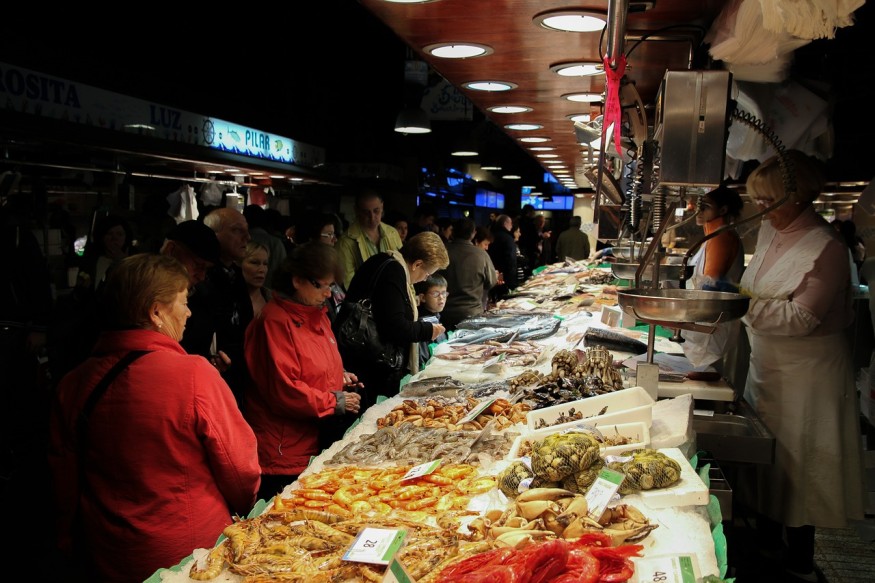When individuals look into food philosophy, they're likely to come across more than a few arguments supporting totally avoiding meat and animal products for moral reasons. Animal rights, the frequently deplorable conditions of industrial farms, and even the carbon footprint of agricultural production are all used to justify vegetarianism. Many of them are well-reasoned and have persuaded a large number of people.

Ethical Omnivore
However, a new article published in the Journal of Agricultural and Environmental Ethics claims that being an ethical omnivore is possible, even if the meats in issue and how you could obtain them aren't what you're accustomed to.
Professor Christopher Bobier of St. Mary's University of Minnesota, the paper's author, presents his case using virtue ethics. (For further information, see this primer.) The concept of virtue ethics is those good character qualities (virtues) should be acted upon. A compassionate individual, for example, is driven to behave compassionately and does so. A well-lived life is virtuous.
Moral Eating

The lecturer claims that compassion, justice, and temperance are all qualities that people should strive for and that they all play a role in determining what we should do with our time. A virtuous person should attempt to eat a diet that does not encourage suffering, switch to foods they know are healthier in this respect, not overeat or for pleasure alone, or eat unhealthy foods.
At first sight, this may not appear to be significant. If Peter Singer can use utilitarianism to demonstrate that eating meat is wrong, it should be simple to show that a person who follows virtue ethics will avoid meat. That argument has been advanced by several philosophers. On the other hand, contends that a variety of factors should lead any moral person to consider eating some meat.
Related Article : There Are 5 New Listeria Species That Can Help Improve Food Safety, Scientists Discover
Concern About Animals
Prof. Bobier says that while he believes that a good person would be concerned about animal suffering and would plainly reject industrial farming, the real world is more complicated. Even the most cautious acts can sometimes result in unforeseen consequences.
Crop Care
Crop cultivation, for example, frequently harms or kills animals. Pesticides used to produce crops are designed to kill insects, land clearing deprives many animals of their habitats, and farm equipment accidents that harm animals are common. According to one source, the number of insects required to maintain a person is less than the number of insects required to feed that person a strictly plant-based diet.
Compassion
If these facts are true and the compassionate person cares about animal suffering, the humane thing would be to consume certain animals at least periodically to keep more of them alive. Insects and oysters, which do not have sophisticated nervous systems, would be appropriate for the virtuous person to eat. (It's unclear if these creatures are capable of feeling pain.)
In other situations, some meats may be obtained to not cause future animal pain. Roadkill and consuming meat that is about to be discarded, such as anything with a quickly approaching use-by date, are two examples of this. While some pain was involved in the process - inadvertently in the first example - the consumption of these meats did not boost demand.
Ethics of Consuming Meat

Ironically, the good person who wishes to alleviate animal suffering may have to consume some animals to do so. An omnivore diet may be more virtuous than a vegetarian or vegan diet in this regard.
For more news update about Environmental Action, don't forget to follow Nature World News!
© 2026 NatureWorldNews.com All rights reserved. Do not reproduce without permission.





